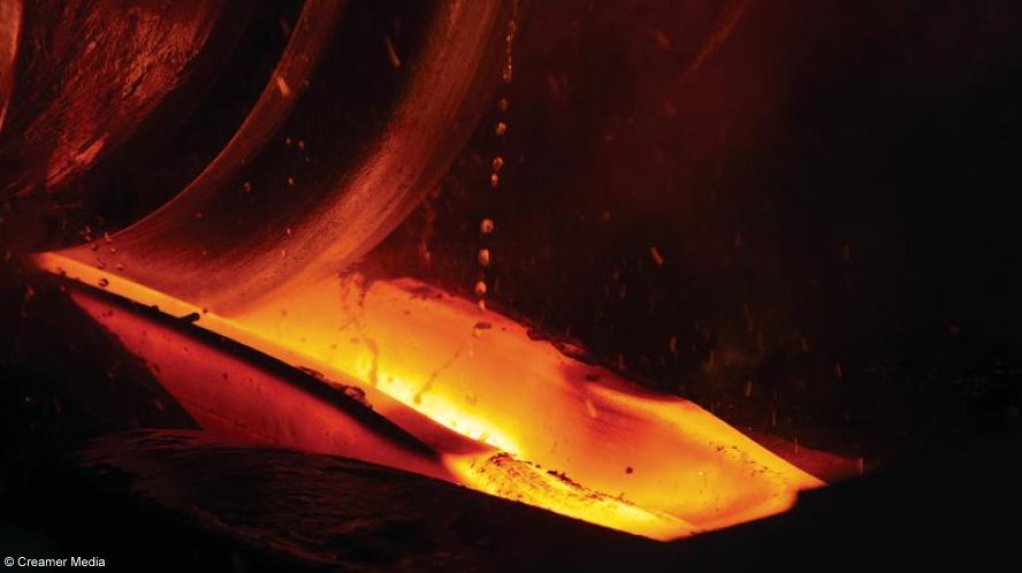Another dispute may be looming between Eskom and the National Energy Regulator of South Africa (Nersa). This one, over the regulator’s decision to approve ArcelorMittal South Africa’s (AMSA’s) applications for six-year negotiated pricing agreements (NPAs) for its Newcastle and Vanderbijlpark operations.
In a statement, Nersa noted that Eskom had rejected the applications made by AMSA in September and October last year on the basis that the utility did not agree that they met the criteria for such tariff relief.
However, following a petition by the steel group to Nersa, the Energy Regulator approved the applications at its meeting of August 28, asserting that “on a balance of scales AMSA’s applications met the eligibility criteria prescribed in the Interim Long-Term NPA Framework”.
That framework was published by the then Department of Mineral Resources and Energy in September 2020 and listed the qualifying criteria for companies wishing to apply for NPAs, including one stipulating that their electricity load profiles should be greater than 70%.
Eskom currently has 11 active NPAs, which have all been approved by Nersa, including the prices to be charged. These lower tariffs are subsidised by Eskom’s standard tariff customers and in the current financial year the estimated subsidy amount is R18.8-billion.
Nersa said that, following a comprehensive assessment of AMSA’s application, the Energy Regulator concluded that AMSA had “substantially complied” with the prescribed criteria.
However, it also stressed that the Energy Regulator had not approved a reduced tariff, but that its determination enabled AMSA to approach Eskom to negotiate a lower tariff.
“It will be AMSA’s decision to approach Eskom, following the Energy Regulator’s decision, to apply for and negotiate a favourable tariff,” full-time regulator member responsible for electricity regulation Nomfundo Maseti said in a statement.
“Nersa’s role is to implement and enforce the NPA Framework provisions. This means that Nersa does not intervene in price or tariff negotiations on behalf of customers,” she added.
Nersa also indicated that it would publish its reasons for decision (RfD) in due course.
Prior to the approval Eskom had rejected AMSA’s NPA applications, but the State-owned utility typically waits for RfDs before deciding whether to pursue reviews of Nersa’s decisions.
Eskom had indicated to AMSA and Nersa previously that, unlike the other NPAs that had been approved, the Newcastle and Vanderbijlpark applications failed to meet the criteria outlined in government’s NPA framework.
The key criteria not met, in Eskom’s view, included the 70% load factor requirement, and the fact that electricity comprises a relatively small percentage, or less than 10%, of AMSA’s total operational cost base. Eskom calculates the electricity intensity of a ton of steel at less than 1 MWh.
The utility is concerned that other industrial companies could apply for NPA’s should a precedent be set by the fact that AMSA only met the single criteria of its yearly consumption being greater than 80 GWh.
If all such customers were given NPAs, Eskom calculates that the subsidy for the 2026 financial year would have been R62-billion and 25% of the standard tariff revenue.
Given that the subsidy would be repeated yearly, extending NPAs could dwarf the recent R54-billion settlement which arose after Nersa acknowledged errors in its calculation of Eskom’s regulatory asset base during the most recent tariff adjudication. The adjudication was preceded by hearings at which several Nersa regulator members raised major concerns about NPA subsidies.
That said, the NPA development also comes as pressure on South Africa’s industrial capacity grows, as well as after AMSA recently placed its Newcastle furnace into care and maintenance.
Discussions are reportedly continuing with government on possible ways to reopen the mill and sustain AMSA’s long products business, which the JSE-listed group plans to wind down.
AMSA has indicated that it will not be able to sustain the longs business beyond the end of September, unless various policy or funding support is forthcoming, while the Industrial Development Corporation, which has provided more than R2.6-billion in recent loan support, has stated that it is not in a position to take over the operation on its own.
There have also been suggestions of a possible outright sale of AMSA to a new entity, but Bloomberg has reported that there is no agreement on the company’s valuation.
In addition, several other electricity-intensive companies are struggling to remain competitive with possible retrenchments looming in the ferrochrome sector, in particular.
EMAIL THIS ARTICLE SAVE THIS ARTICLE ARTICLE ENQUIRY FEEDBACK
To subscribe email subscriptions@creamermedia.co.za or click here
To advertise email advertising@creamermedia.co.za or click here











